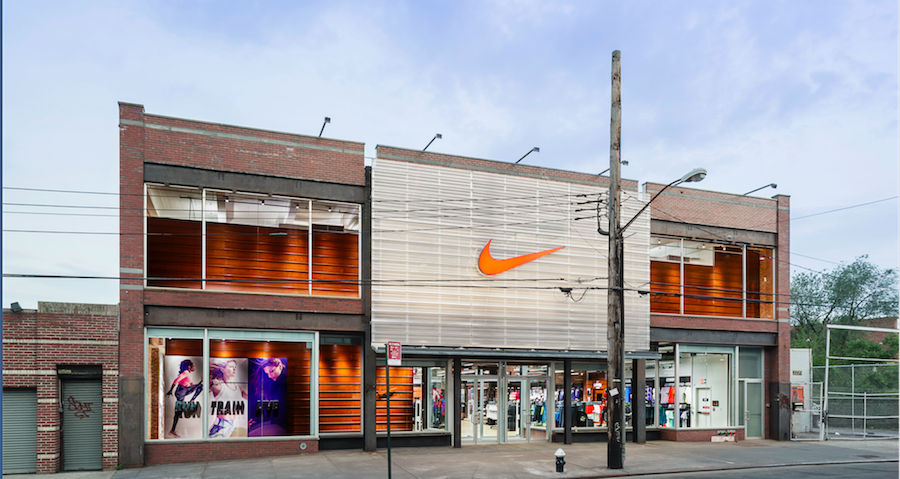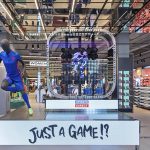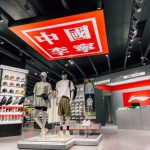More than half (55 percent) of shoppers prefer to shop directly with brand manufacturers over retailers, according to Astound Commerce Insight’s “Global Brand Shopper Survey.”
The survey of 1,000 consumers who shop online and have visited a brand manufacturer’s website in the past six months found that two out of three had purchased at least three products on brand sites in the past six months. The survey found the majority of these shoppers (54 percent) turn to brands over retailers for more comprehensive product information, in addition to enhanced customer service, better prices and more personalization options.
“The role that brand manufacturers play in today’s retail landscape has evolved,” said Lauren Freedman, SVP of digital strategy for Astound Commerce. “Consumers’ heightened expectations for digital commerce means brands must master online selling and present compelling and competitive shopping experiences, on par with multi-brand counterparts. Moving forward, brands and retailers must explore even more creative ways to demonstrate value and engage through experiential means to woo younger customers and maintain customer loyalty, particularly in light of the challenging retail climate.”
The Role Of Brand Manufacturers Is Shifting
The study found three key reasons why consumers shop online with brand manufacturers:
- A more complete display of products: 59 percent of respondents already use a brand manufacturer’s website for researching products and usually make their purchase there as well.
- Brand engagement: 37 percent of respondents expect a more engaging experience on a brand manufacturer’s website than a retailer’s.
- Competitive pricing: Half of respondents expect better prices on a brand manufacturer’s website than on a retailer’s website.
Astound Commerce also found the multi-dimensional role of the brand manufacturer illustrates the value consumers place on information and channel consistency, especially as almost half of online shoppers have visited mobile and social channels along with digital and physical stores.
The In-Store Experience Plays An Important Role For Brands
The study also indicated that 72 percent still prefer to shop at physical retailers where multiple brand manufacturers are sold. Insights from the research suggest why shoppers may opt to visit one of these physical destinations and what they expect when visiting:
- The shopping experience: 59 percent of respondents visit a physical store to seek out the full brand experience they don’t believe they can get online.
- Touch and feel options: 70 percent of respondents want to touch and feel the product.
- A demand for omnichannel transparency: 52 percent of respondents believe it’s essential that associates can place an order, while 46 percent want them to be able to access inventory.
Consumers Ready For Virtual-Reality-Driven Shopping Experiences
As visualization technology becomes more mainstream, many consumers expect to see these tools online to not only test products before purchase, but experience the brand without visiting the physical store. Brands should integrate VR into their commerce experience because:
- Consumers demand unique experiences: 22 percent of respondents find virtual reality important when shopping with brands, as they seek evolved shopping experiences they haven’t had elsewhere.
- It’s easier to try on clothes from the couch: 27 percent of respondents find virtual try on tools for apparel and accessories very important capabilities when shopping with brand manufacturers online.
- Furniture and appliances need space: 24 percent of respondents think room visualization and planning tools are very important when shopping with brand manufacturers for larger purchases like furniture and appliances.
For Millennials, Brand Experience is Key
Astound Commerce notes that Millennials have been a driving force in the evolution of brands, with innovations like NIKEiD and Apple’s Genius Bar developed to meet their demand for unique, convenient brand experiences. The study indicates millennials want experiences that are:
- Engaging: 45 percent of millennial respondents expect a more engaging experience on the brand manufacturer’s website where they can get a strong sense of the product and brand.
- Sophisticated: Nearly a third (32 percent) of millennial respondents strongly agree that brand manufacturer websites are more sophisticated than the retailers’ sites who sell their products.
- Social: More than half (56 percent) of millennial respondents connect at least weekly with brand manufacturers on social media – indicating a need for more brand content in their personal feeds.
- Streamlined: 93 percent of millennial respondents find same-day delivery from physical stores important.
Photo courtesy Nike
















